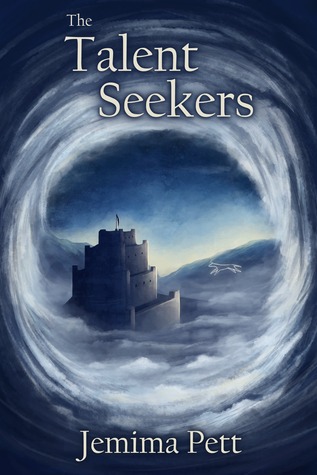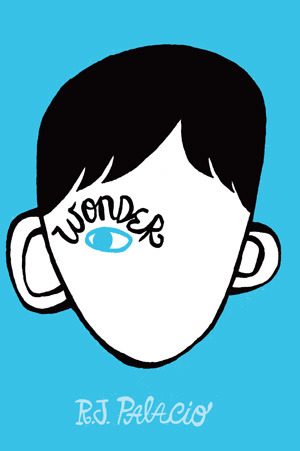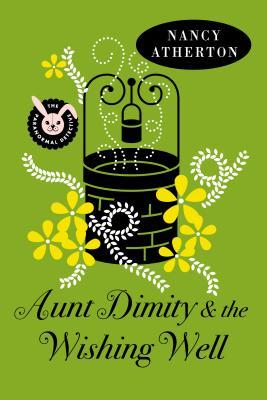Another Friday (well, Thursday), another Flash Fiction! Chuck's in Phoenix (AZ), so he challenged us to write about a phoenix. And up popped Gorg, my favorite troll! For other installments in the Saga of Gorg, check here, and scroll down to find Gorg. It clocks in at 953 words including the title, comfortably under our 1000-word limit.
Gorg and the Phoenix
Gorg Trollheim stumped through a devastated land, and whistled as he went. It was a strange sound, for the troll’s stone lips didn’t lend themselves to whistling. Somehow he managed it anyway. Gorg was simply pleased to be on his own, away from the cities of men, and far from the castle of King Celery the Halfwit.
Gorg had wandered far from his home valley on a quest to track down the man behind the slaying of several of his kin. Now Duke Bale the Artichoke Hearted was dead, along with his pet sorcerers, and Gorg was on his way home. Pulgrum Stonelump had left the City of Celestial Celery with Gorg, but had since decided to visit kin in the larger troll homeland, known as Goblin Valley. Gorg came from the less well-known troll home of White Rocks, and it was to that land he now returned.
White Rocks lay closer than he liked to the home of the late Duke Bale, and Gorg moved cautiously, or as cautiously as a giant entity made primarily of stone could move. He also took a detour through the Stone Desert to avoid the late Duke’s Valley of the Baleful Stones. Gorg needed no water, only stones to crunch at mealtimes, so this detour suited him well. And there was no one to be offended when, tiring of whistling, he burst into the grating noise he called song. Troll song sounded more like the crash of falling rocks than the melody of birds.
It was there, in the heart of the Stone Desert, that Gorg encountered the strangest bird he’d ever seen. The large bird sported a crown of scarlet feathers, and its plumage shimmered with a multitude of ever-changing colors. Gorg watched the bird soar skyward from its roost, seeming to touch the sun before swooping back earthward. Fascinated, the troll settled himself to watch.
Hours later, the phoenix sank once again to its roost, exhausted by the sun-dance. Even the feathers seemed to have leached their color into the sun, for it seemed now to be a uniform reddish brown, and Gorg saw nothing of the brilliant colors that had first caught his eye.
The troll didn’t know if this bird of myth and mystical powers could speak, but it seemed only right to acknowledge the performance, so he applauded gently. The sound of rock cracking on rock echoed off the hills as he beat his hands together, and the bird turned to fix him with the stare of a dull eye.
“It was a beautiful dance,” Gorg said.
“It is my last.” To Gorg’s surprise, the bird spoke a clear answer. Unsure what else to do, he nodded his great stone head. The bird’s feathers were growing less brown and more red.
“In the moment of dying, a phoenix may speak to a mortal,” the bird added.
“I am honored.” Aware that something was happening here that was not to be missed or misinterpreted, Gorg pulled a small flask from his belt. Uncorking it, he took a swig of the potion that quickened his wits and his speech far beyond the normal lot of trolls. It was partly because of the potion that Pulgrum had left him, he knew. The other troll was uncomfortable with Gorg’s rapid thought-processes.
Now Gorg was glad to be ready to understand what he was told, as the phoenix went on. “I die to be reborn. One whom you distrust is also a phoenix.” The bird had become wholly crimson, and its voice began to falter.
“What?!” Gorg’s mind leapt through the possibilities and he disliked the conclusions he reached. “You don’t mean—”
The phoenix made no answer. Feathers now a brilliant crimson, it began to steam and smoke. Gorg watched, unable to tear his eyes from the bird. As the setting sun touched the horizon, the phoenix burst into flame, and was reduced to a heap of multi-colored ashes. Fascinated, knowing what would become of the phoenix, though not sure when, he rooted himself to the spot and continued to watch the ashes.
Nothing happened. It grew dark. Gorg considered moving on, but the darkness was complete, and he was in no hurry. Being more than half stone, Gorg knew how to be still. He made himself comfortable, and passed the night in considering the words the bird had spoken. It circled in his mind with the final words of the djinn he had met and dismissed not far from King Celery’s castle: “I told B—”
Had the Djinn being trying to say “I told Bale?” There was no one Gorg distrusted so much as Duke Bale, though the man should be dead, presumably scraped off the pavements of the courtyard beneath his castle window and buried. Bale had jumped rather than face five angry trolls. Had the djinn been sent by Bale, before or after death? And was the phoenix now telling him that Bale might yet live?
Through the hours of darkness Gorg digested these thoughts, along with a few light but satisfying rocks he picked up for his dinner.
When the first rays of the sun crossed the rim of the valley and touched the pile of ash that had been a phoenix, the pile stirred, peeped, and shaped itself as a fledgling.
“Welcome back,” Gorg said. The bird said nothing. A half hour later the bird, now near full-grown, took wing, feathers gleaming in a multitude of colors as it soared high and swooped low, then flew off to the distant peaks.
Gorg, his thinking completed, gave a last longing look in the direction of his home. Then he turned and began to walk toward Bale’s dukedom.
###
©Rebecca M. Douglass, 2014
 |
| Goblin Valley |









